A fulfilling life is grounded in valued principles
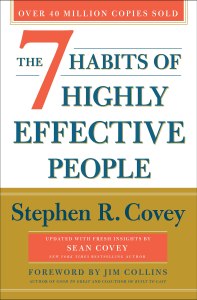
The seven habits of highly effective people by Stephen Covey is a classic that I re-read recently. The emphasis is on fundamental traits to produce long-term personal change, rather than quick fixes or other superficial techniques. Covey is highly critical of the ‘personality ethic’ in self-help literature [by which I assume he is partially referring to ‘How to win friends and influence people’].
The main take-home is that a fulfilling life comes from deriving all your decisions around values that everyone would agree are virtuous e.g. honestly, generosity, kindness, patience. Then, embody them in all you do.
Some points:
- Primary greatness is having personal values that align with fundamental truths/principles
- Secondary greatness is only how you are viewed by society and can be patched by quick fixes. However it won’t be long-lasting unless it is led by your values first
- It is through primary greatness you will feel fulfilled
- Our character is a function of our habits. Habits come from a combination of your attitudes and behaviours
- Your attitudes and behaviours originate in how you conceptualise the world (your ‘paradigm’)
- How you and society see each other
- No matter how objective you might think you’re being, you’re still being subjective
- So, to change your character you must change your habits, and often this requires a paradigm shift
- Your attitudes and behaviours originate in how you conceptualise the world (your ‘paradigm’)
- Effectiveness is the ideal balance between production and production capacity
- Think of Aesop’s goose and the golden egg
- Both effectiveness and fulfilment come from working on your person values
- E.g. to be trusted, first be trustworthy
- Habits are the intersection of knowledge, skill, and desire
- “Successful people dislike many habits just as much as everyone else but it is subordinated by the strength of their purpose”
- Be proactive = the ability to decide how we respond to situations [like Viktor Frankl’s description of to determine how we suffer]
- Proactive people focus on their circle of influence (which is always smaller than your circle of concern)
- This puts you in control of your life by deciding how to act; don’t just be reactive
- Be the verb
- Begin with the end in mind = live each day to uphold the values you want to put forward as characterising your life
- Think about the eulogy that would come from your friends/family/work/community
- Think of this as ‘life leadership’ (where habit 3 is ‘life management’)
- “Leadership is doing the right things; management is doing things right”
- Management is effectively climbing the ladder of success but leadership is making sure that the ladder is against the correct wall
- Write a mission statement that is a combination of what you want to be (character) and what contribution you want to make
- If well articulated, you can weigh all your decisions against this mission statement
- Think of your roles, the goals you have for each, and then how this applies to your mission statement
- Diversify your identity
- Put first things first = the personal management to live accord to [2], which takes will, integrity, and discipline
- This often means doing things you don’t want to, in order to keep value-centred
- Always choose integrity over loyalty
- Focus on important, not urgent tasks
- Plan weekly using roles > goals > schedule and then adjust daily as needed
- Delegate by focusing on the results you want but let the other people decide the methods
- Just point out major pitfalls
- Think win-win = having an ‘abundance mindset’ and personal integrity
- This is the opposite of zero sum
- Go for “no deal” when win-win is not possible
- Seek first to understand, then to be understood
- Especially before judging someone/something
- Avoid probing, advising, and evaluating autobiographically
- Listen effectively by conveying both content and emotion of what someone has told you
- Try to present your own ideas using the paradigms of the audience
- In order to influence, you must first be influenced
- Listening is a ‘trust deposit’
- Try to never make a promise you cannot keep (especially as a parent)
- Synergise
- Genuinely believe in the benefit from differences
- Then look to understand the better middle ground
- Sharpen the saw = self-renewal
- In all domains: physical, mental, emotional/social, & spiritual
- The busier you are, the more you need to reflect in order for spiritual renewal
- Most gains in all forms of growth come from the end of training when it is the hardest
This is a powerful book with moving examples. I have read several books that encourage grounding your decisions in your values but few actually discuss how to go about defining those values. Perhaps this isn’t as tricky and I sometimes think it is, but if you are meant to base your life (and decisions) around a few core values then it is probably worth putting serious consideration into.
[Clearly there are a large number of summaries of Covey’s 7 habits. As with all books, I found it useful going back through it again. You can find many other, more detailed summaries online. If in doubt, just read the whole book.]
More books like this:
- Man’s search for meaning by Viktor E. Frankl
- The road less travelled by Scott Peck
Useful links:
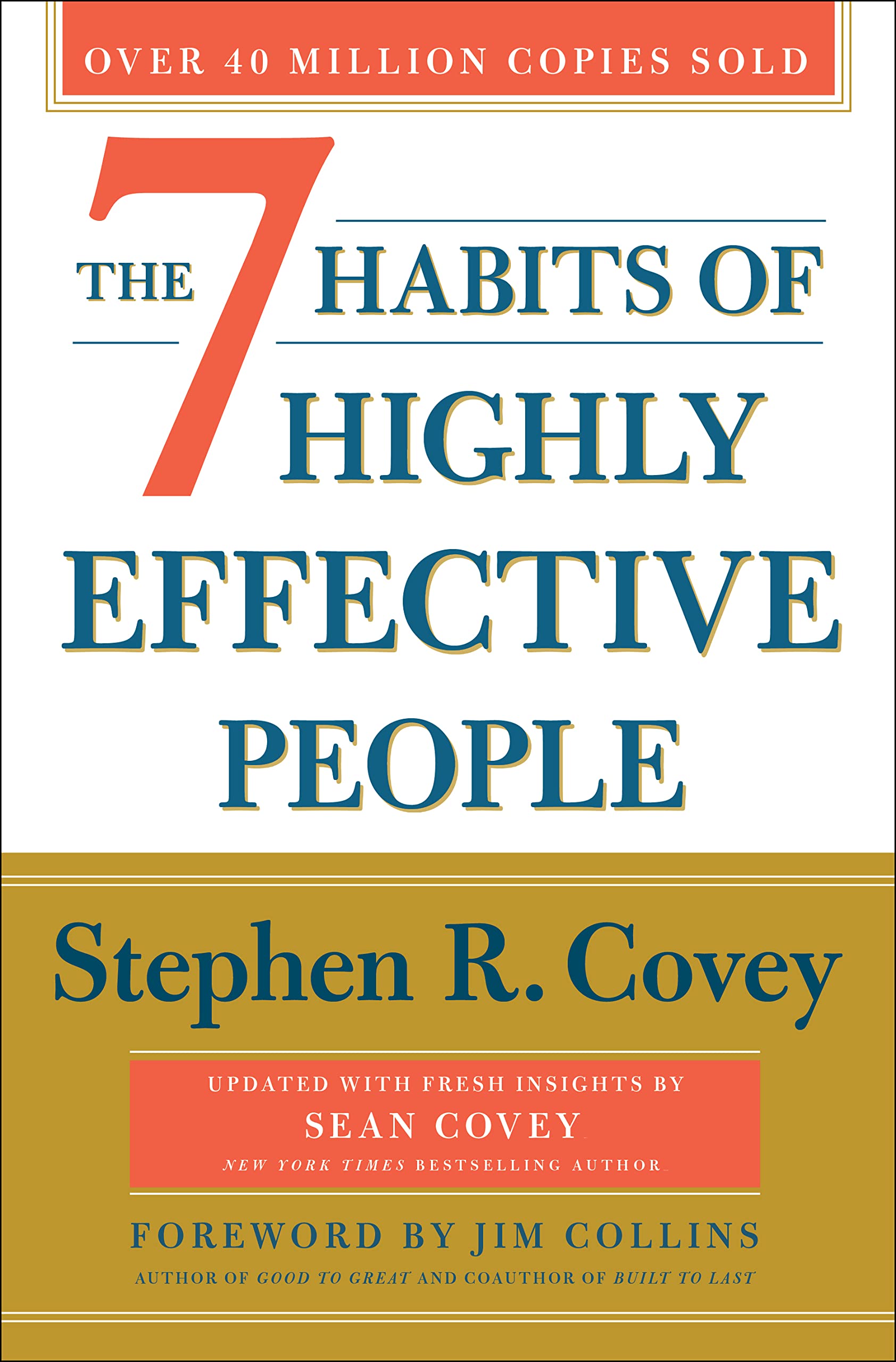
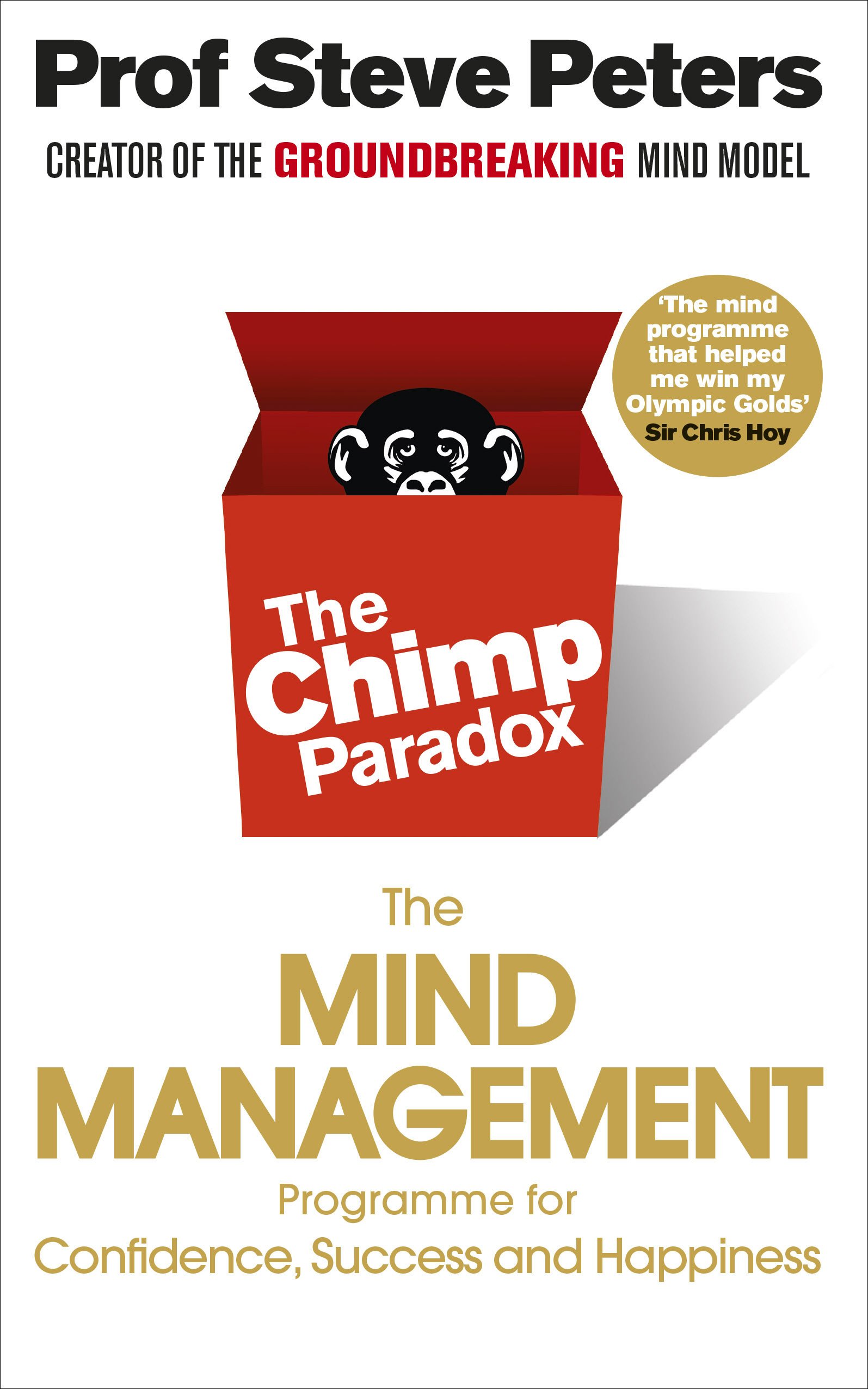
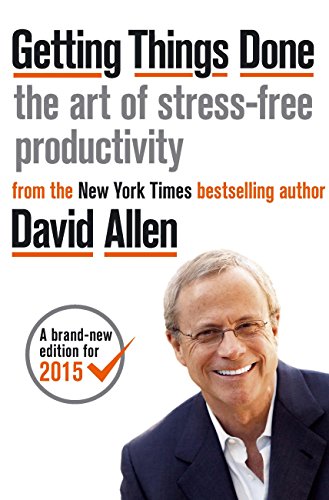

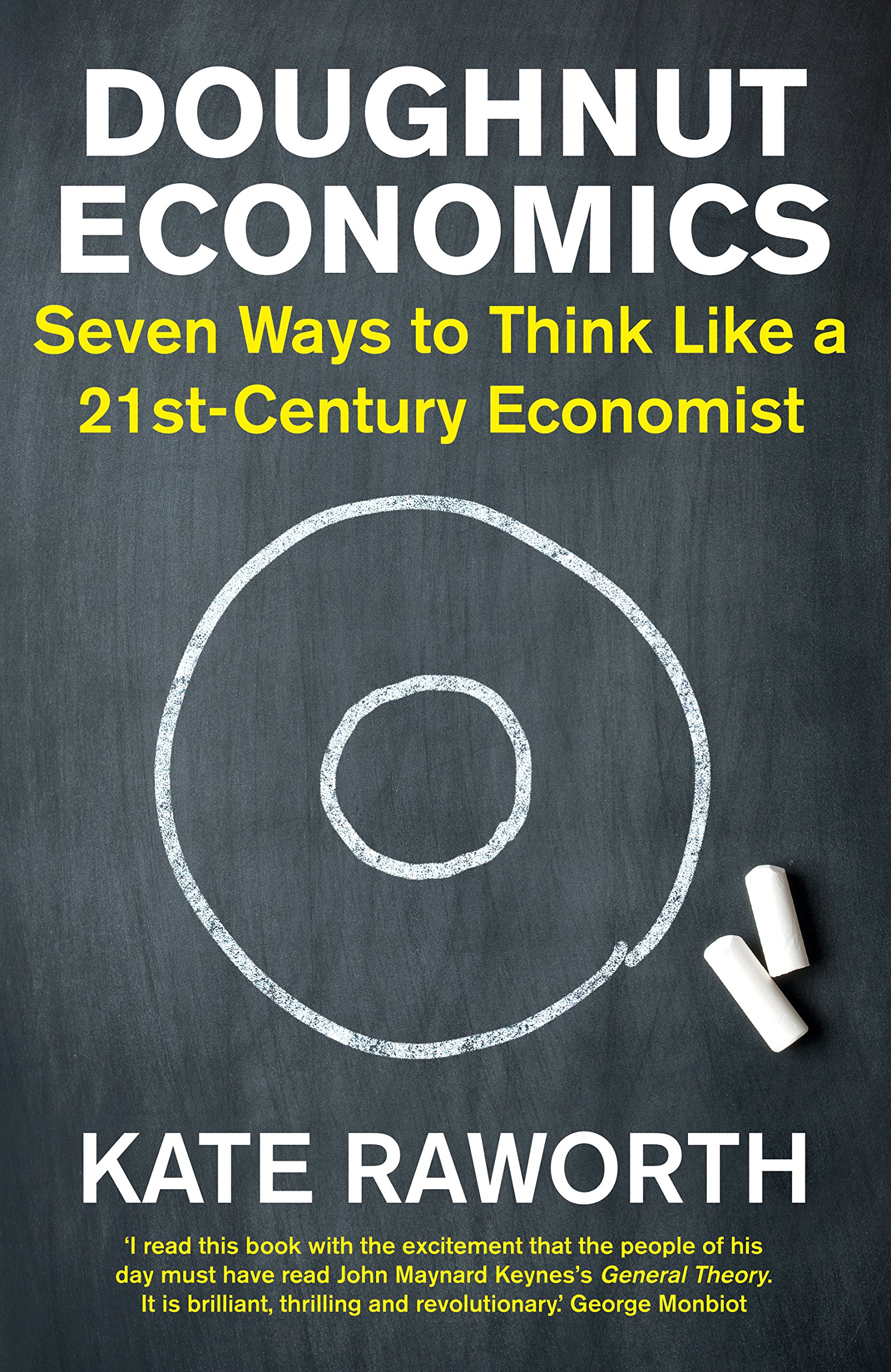
One thought on “The seven habits of highly effective people by Stephen Covey”
Comments are closed.